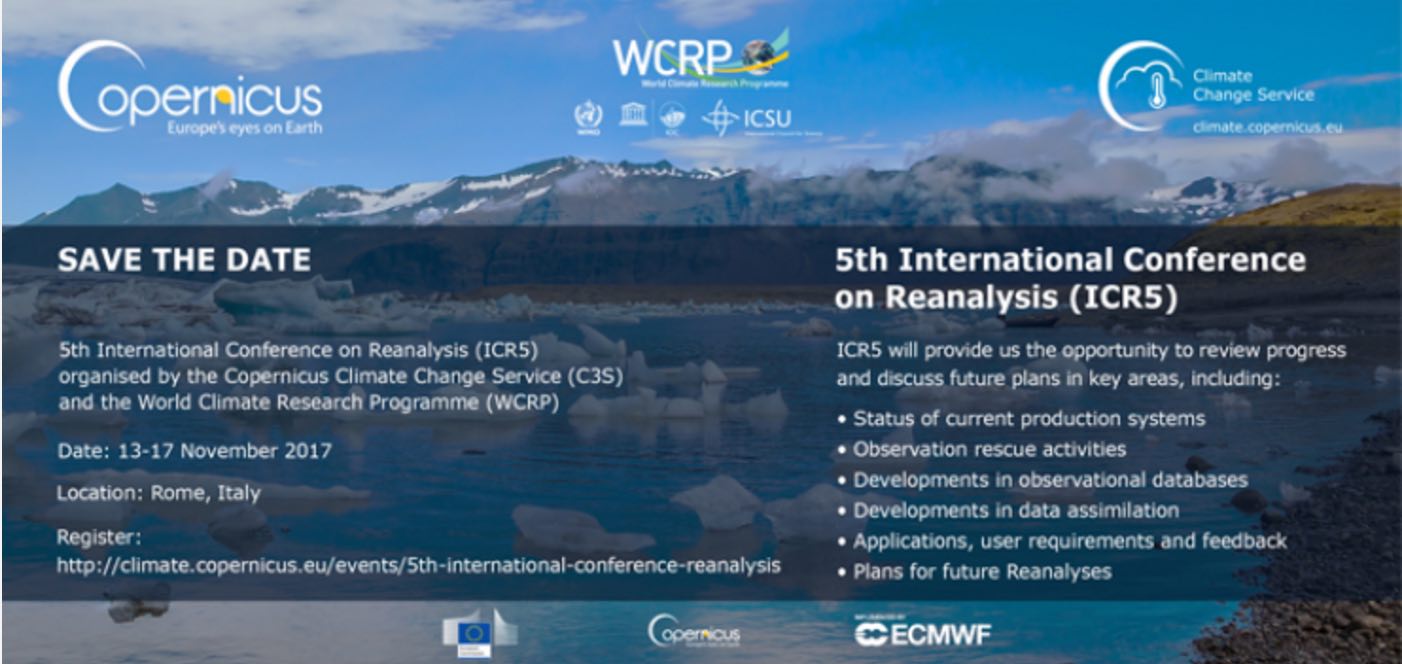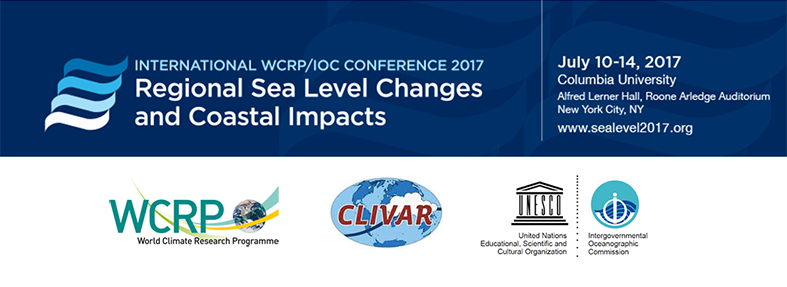- Details
Highlights of CLIVAR's April Bulletin include:![]()
- Latest CLIVAR Exchanges is now online
- CLIVAR endorsed the 'Years of the Maritime Continent (YMC) Research Project'
- CLIVAR International Symposium on Boundary Currents
- COST/CLIVAR Workshop on Ocean Reanalyses and Inter-comparisons
- Sub-seasonal to Seasonal prediction project (S2S) - review questionnaire - inputs welcome by 31 May 2017
- COST/CLIVAR Workshop on Ocean Reanalyses and Inter-comparisons
- Fellowships, scholarships, upcoming events and more...
You can subscribe to future CLIVAR bulletins at the email list signup form.
- Details
An overview of the 38th Session of the Joint Scientific Committee (JSC-38) in Paris, France - 3-7 April 2017. A complete overview of the official meeting is now available!
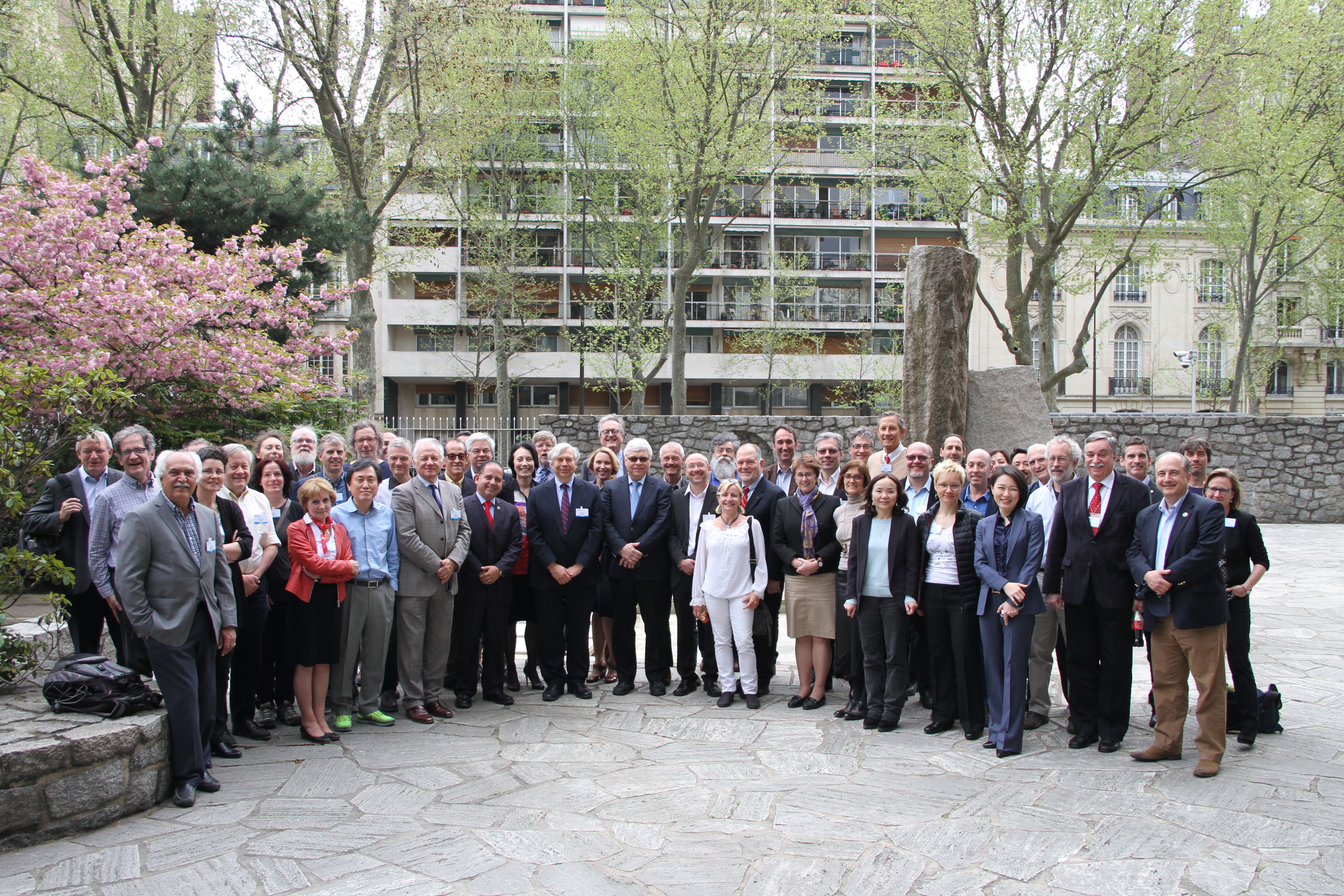
- Details
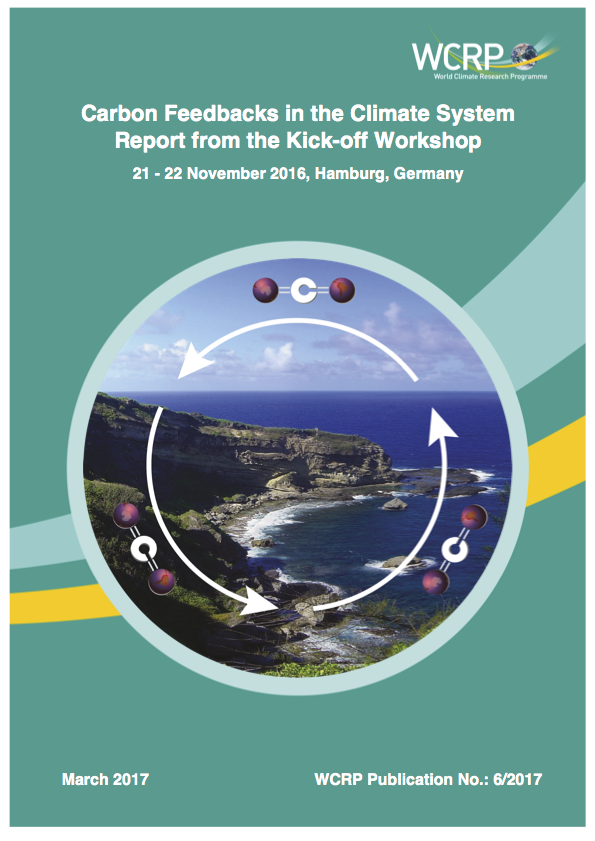 The Grand Challenge on Carbon Feedbacks in the Climate System was launched via a kick-off workshop held in Hamburg, Germany, on the 21st and 22nd of November 2016. The objective of the workshop was to strengthen the links between the Grand Challenge's guiding questions and research initiatives as well as to emphasize major gaps and to sharpen the priorities and plans of the program as a whole. Discussions amongst the 35 participants was centered around the Grand Challenge's four research areas: process understanding on land; process understanding in the ocean; learning from the existing record; and towards improving projections. The Carbon Feedbacks in the Climate System report from the Kick-off Workshop summarizes these discussions and lists proposed actions for 2017/2018.
The Grand Challenge on Carbon Feedbacks in the Climate System was launched via a kick-off workshop held in Hamburg, Germany, on the 21st and 22nd of November 2016. The objective of the workshop was to strengthen the links between the Grand Challenge's guiding questions and research initiatives as well as to emphasize major gaps and to sharpen the priorities and plans of the program as a whole. Discussions amongst the 35 participants was centered around the Grand Challenge's four research areas: process understanding on land; process understanding in the ocean; learning from the existing record; and towards improving projections. The Carbon Feedbacks in the Climate System report from the Kick-off Workshop summarizes these discussions and lists proposed actions for 2017/2018.
- Details
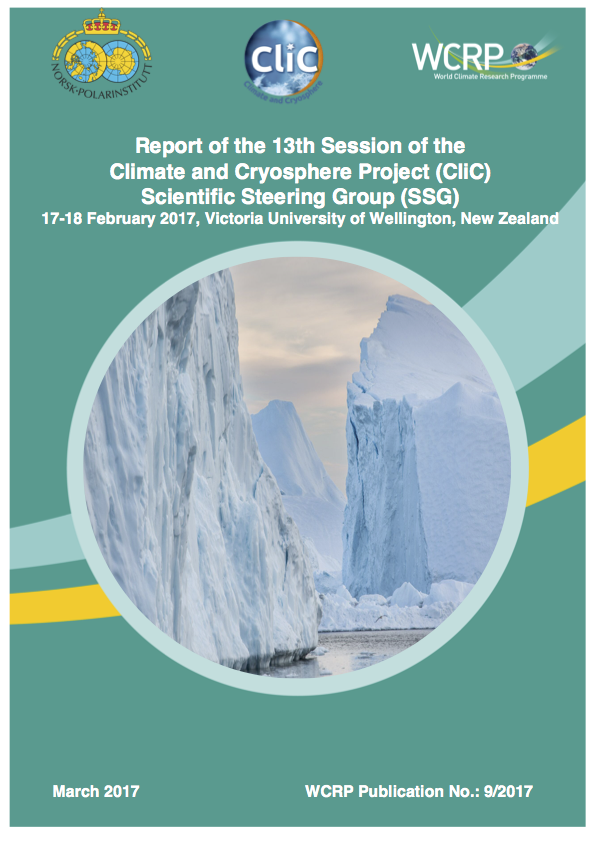 The 13th Session of the Climate and Cryosphere (CliC) Project Scientific Steering Group (SSG) took place on 17-18 February 2017 in New Zealand. The meeting was hosted at Victoria University of Wellington (VUW) and was co‐sponsored by WCRP, the CliC International Project Office, the Norwegian Polar Institute, and VUW.
The 13th Session of the Climate and Cryosphere (CliC) Project Scientific Steering Group (SSG) took place on 17-18 February 2017 in New Zealand. The meeting was hosted at Victoria University of Wellington (VUW) and was co‐sponsored by WCRP, the CliC International Project Office, the Norwegian Polar Institute, and VUW.
CliC SSG‐13 took place in conjunction with the IGS/IACS/CliC International Symposium on the Cryosphere in a Changing Climate, held at VUW from 13‐17 February 2017. Twenty‐seven participants from thirteen different countries attended the meeting, which was chaired by CliC Co‐Chairs Gerhard Krinner and James Renwick. A summary of presentations, discussions, and action items is available in the SSG-13 Report.
- Details
![]() The latest SPARC eNews bulletin includes SPARC news and announcements, latest SPARC publications, journal special issues relevant to SPARC science, early career information, upcoming SPARC meetings and latest science updates.
The latest SPARC eNews bulletin includes SPARC news and announcements, latest SPARC publications, journal special issues relevant to SPARC science, early career information, upcoming SPARC meetings and latest science updates.
- Details
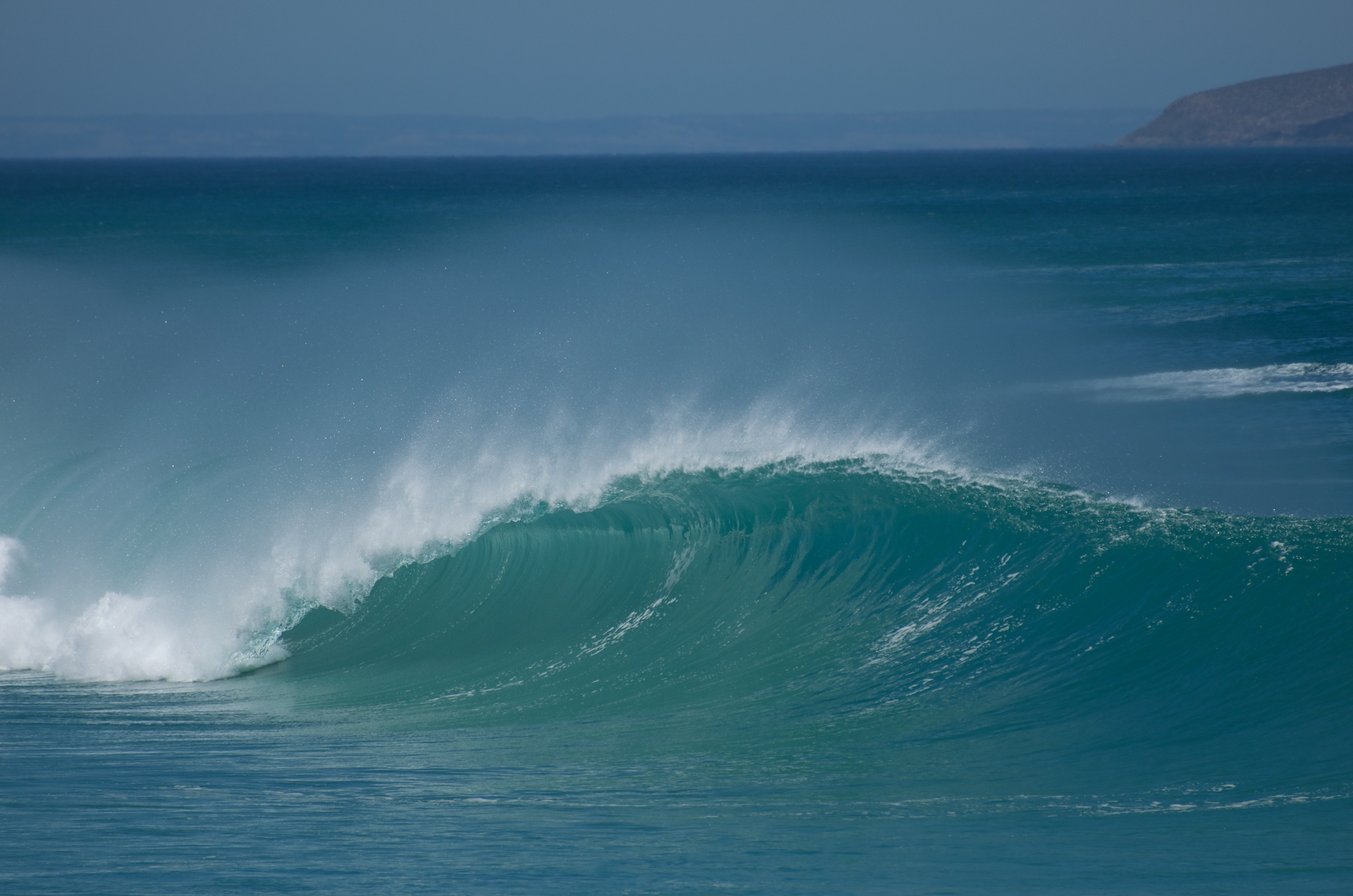
- Details
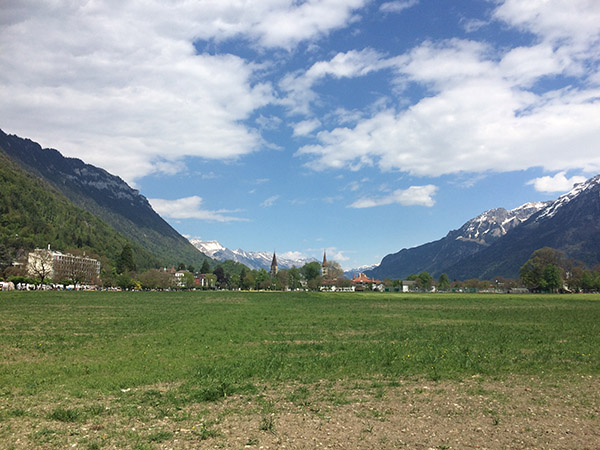 21-25 August 2017
21-25 August 2017The 10th anniversary International Carbon Dioxide Conference will provide participants with an integrated, interdisciplinary view of the global carbon cycle and its perturbation by humans. Please see the 10th International Carbon Dioxide Conference website for full details.
- Details
Highlights of CLIVAR's March Bulletin include:![]()
- Outcomes of the CLIVAR/IOC GOOS Indian Ocean Regional Panel Workshop
- Link to US CLIVAR VARIATIONS Newsletter, focusing on forecasting ENSO impacts in the California current system
- New SOLAS Science Plan
- The Vision of AtlantOS
- The Third Blue Plenet Symposium
- SOLAS Workshop on 'Air-sea interface and fluxes of mass and energy'
- 2017 SCOR Annual Meeting
- Details
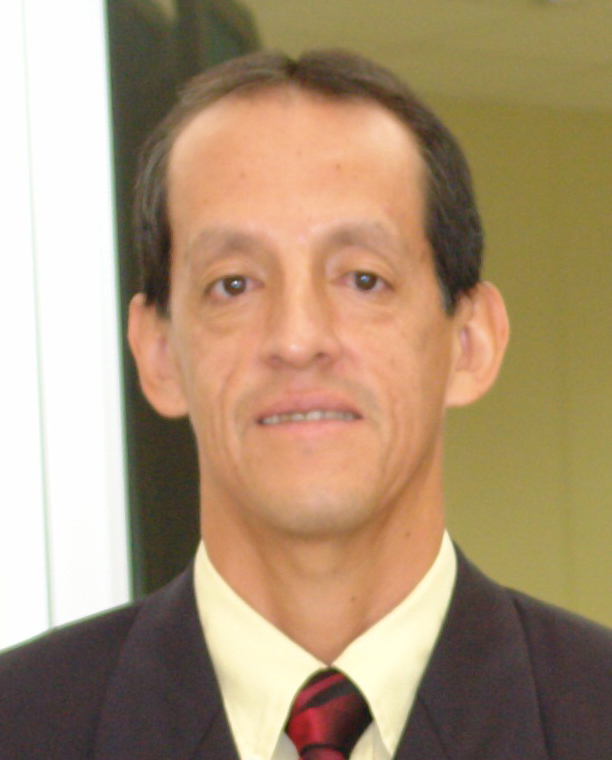 After an extensive search, we would like to welcome the new Executive Director of the International Climate and Ocean Variability, Predictability and Change (CLIVAR) Project Office (ICPO), José Luis Santos Davila.
After an extensive search, we would like to welcome the new Executive Director of the International Climate and Ocean Variability, Predictability and Change (CLIVAR) Project Office (ICPO), José Luis Santos Davila.
- Details
GOTHAM International Summer School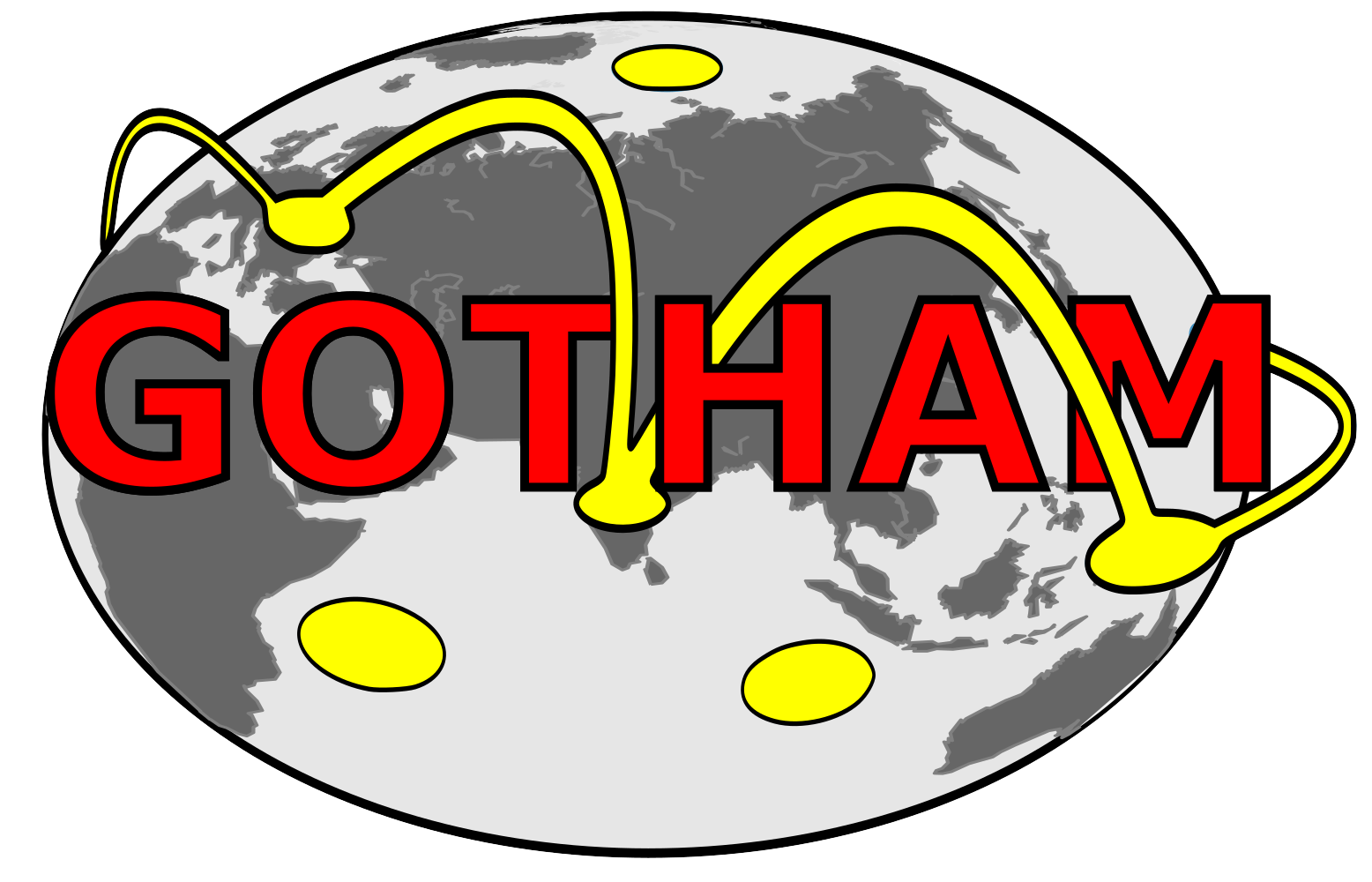
18-22 September 2017
Potsdam, Germany
Organized by the Potsdam Institute for Climate Impact Research (PIK), the GOTHAM Summer School on "Global Teleconnections in the Earth’s Climate System – Processes, Modelling and Advanced Analysis Methods" will train young scientists in a unique combination of interdisciplinary scientific topics and tools relevant for understanding teleconnections and their role in causing extreme weather events. For more information and to register see the summer school website.
- Details
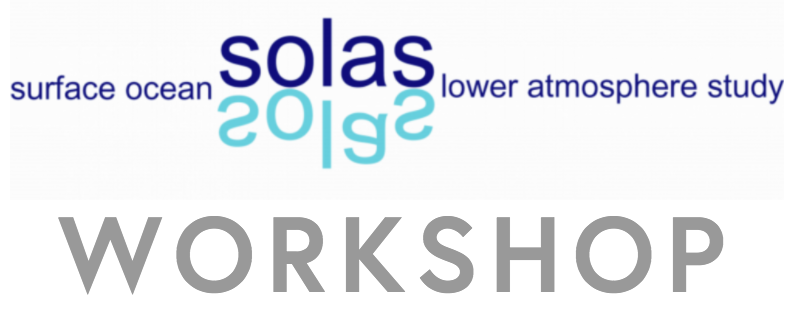 15-18 May 2017
15-18 May 2017
Cargèse, Corsica, France
Abstract submission for the SOLAS-WCRP-ESA workshop on "Frontiers in ocean-atmosphere exchange: Air sea interface and fluxes of mass and energy" is open with deadline 15 March. SOLAS has recently published a new science plan with five science themes. This workshop will address some of the issues associated with "Theme 2: Air sea interface and fluxes of mass and energy". Further details about the workshop can be found on the workshop website.
- Details
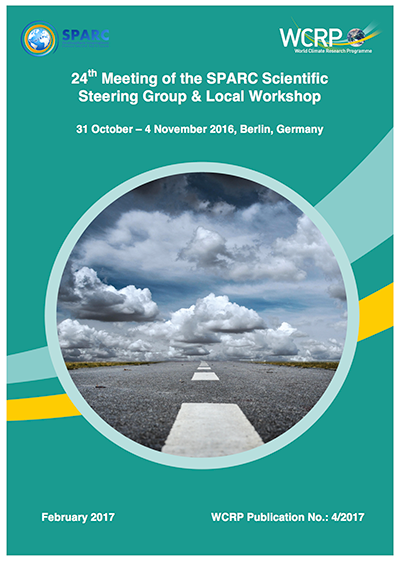 The 24th SPARC Scientific Steering Group (SSG) meeting was held in Berlin, Germany, from 1-4 November 2016. The meeting followed a one-day science workshop focused on SPARC’s contribution to the WCRP Grand Challenges on 31 October 2016. The resulting report gives an overview of current and new SPARC activities, the current state of partner projects and an update on the looming gap in limb-sounding observations of atmospheric composition. Key discussion points from the WCRP/SPARC Workshop: “Grand Challenges for Climate Science – Synergies between SPARC and the WCRP Grand Challenges” are also listed. Report: 24th Meeting of the SPARC Scientific Steering Group & Local Workshop
The 24th SPARC Scientific Steering Group (SSG) meeting was held in Berlin, Germany, from 1-4 November 2016. The meeting followed a one-day science workshop focused on SPARC’s contribution to the WCRP Grand Challenges on 31 October 2016. The resulting report gives an overview of current and new SPARC activities, the current state of partner projects and an update on the looming gap in limb-sounding observations of atmospheric composition. Key discussion points from the WCRP/SPARC Workshop: “Grand Challenges for Climate Science – Synergies between SPARC and the WCRP Grand Challenges” are also listed. Report: 24th Meeting of the SPARC Scientific Steering Group & Local Workshop
- Details
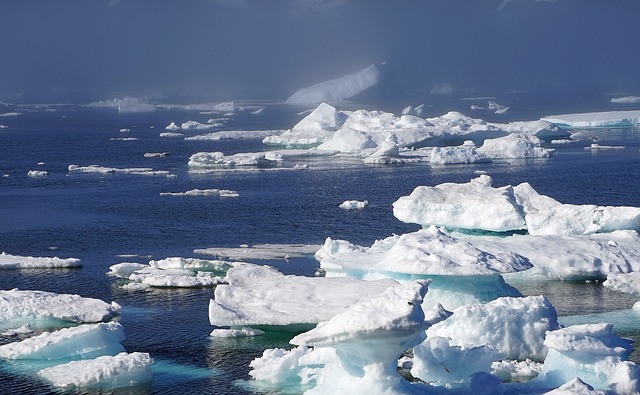 The Arctic is witnessing exceptional warmth and – as a result – record low Arctic sea ice volumes for this time of year. Antarctic sea ice extent is also the lowest on record. WCRP Director, David Carlson, talks about record low sea ice conditions to WMO News.
The Arctic is witnessing exceptional warmth and – as a result – record low Arctic sea ice volumes for this time of year. Antarctic sea ice extent is also the lowest on record. WCRP Director, David Carlson, talks about record low sea ice conditions to WMO News.
- Details
The deadline has been extended to submit your abstract to the International WCRP/IOC Conference on Regional Sea Level Changes and Coastal Impacts. Find out more on the conference website.
- Details
3-15 July 2017, São Paulo, Brazil
Deadline for applications: 31 March 2017
Attention all graduate students / early career researchers interested in climate change! This training school will provide you with advanced knowledge on climate change science and related topics: observations and future projections; impacts; vulnerability; adaptation and mitigation; and the Paris Agreement: How to reach the 1.5°C target, including aspects of public policy.
- Details
WCRP is proud of our leaders pursuing Grand Science Challenges across the range of research sectors. A session at the 2017 Joint IAPSO-IAMAS-IAGA Assembly (27 August to 1 September 2017, in Cape Town) will bring together the WCRP Grand Challenge on Understanding and Predicting Weather and Climate Extremes, the HiWeather Project of the WMO World Weather Research Programme (WWRP) and others interested in understanding and predicting weather and climate extremes. The International Association of Meteorology and Atmospheric Sciences (IAMAS) is hosting this exciting session. See the call for abstracts. The deadline for submitting an abstract is March 12, 2017.
- Details
 We share an interesting article about plagerism published by Raghu Murtugudde, lecturer at the recent WCRP-JNU Training School on Monsoon Variability in Changing Climate. His advice is to "be careful about plagiarism but never let worries about it get in the way of thoroughly enjoying the exploration that you worked so hard to pursue as a career choice." Read the full article: Should young researchers be paranoid about their ideas being stolen?
We share an interesting article about plagerism published by Raghu Murtugudde, lecturer at the recent WCRP-JNU Training School on Monsoon Variability in Changing Climate. His advice is to "be careful about plagiarism but never let worries about it get in the way of thoroughly enjoying the exploration that you worked so hard to pursue as a career choice." Read the full article: Should young researchers be paranoid about their ideas being stolen?
Find out more about WCRP's commitment to support early career researchers on the 'Fostering future leaders' webpages.
Image: Huffington Post.
- Details
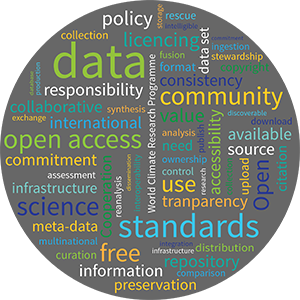 WCRP encourages promotion of and open access to scientific data. To emphasize this we have produced an official data policy:
WCRP encourages promotion of and open access to scientific data. To emphasize this we have produced an official data policy:
World Climate Research Programme Data Policy
In the interest of collaboration and the advancement of scientific understanding, please read and share this policy. Think about how you might apply it.
If you have any questions please email us on
- Details
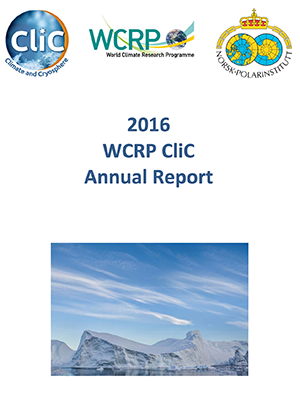 The 2016 Climate & Cryosphere (CliC) Annual Report is now available. Take a look to learn more about CliC and to get an overview of their activities.
The 2016 Climate & Cryosphere (CliC) Annual Report is now available. Take a look to learn more about CliC and to get an overview of their activities.
- Details
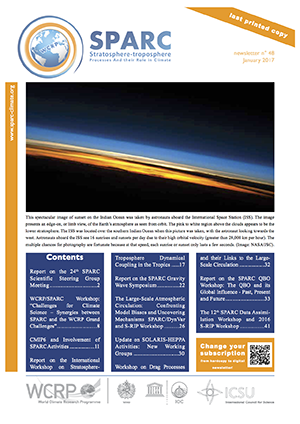 The latest SPARC eNews Bulletin and SPARC Newsletter are now available.
The latest SPARC eNews Bulletin and SPARC Newsletter are now available.
Click on the above title for an overview of the contents.
- Details
Deadline now extended until 4 February 2017.
The 5th WGNE workshop on systematic errors in weather and climate models will be held in Montreal, Quebec, Canada, on the 19-23 June 2017. For more details see the workshop website.

- Details
 The International Space Science Institute (ISSI), in Bern, Switzerland, and in Beijing, China, invites proposals to establish international teams to conduct research activities in space sciences, based on interdisciplinary analysis and evaluation of data from spacecraft and possible integration with ground data and theoretical models. For the purpose of this call space sciences include the solar and heliospheric physics, solar-terrestrial sciences, space plasma and magnetospheric physics, planetary sciences, astrobiology, cosmology, astrophysics, fundamental physics in space, and Earth sciences using space data. Deadlines are:
The International Space Science Institute (ISSI), in Bern, Switzerland, and in Beijing, China, invites proposals to establish international teams to conduct research activities in space sciences, based on interdisciplinary analysis and evaluation of data from spacecraft and possible integration with ground data and theoretical models. For the purpose of this call space sciences include the solar and heliospheric physics, solar-terrestrial sciences, space plasma and magnetospheric physics, planetary sciences, astrobiology, cosmology, astrophysics, fundamental physics in space, and Earth sciences using space data. Deadlines are:
More infomation is available on the ISSI website and in the PDF: ISSI call.
- Details
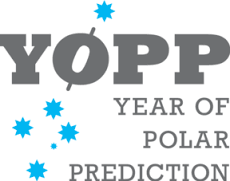 Due to increasing concerns with regard to the weather and climate of the Polar Regions, the World Meteorological Organization (WMO) has established a ten year Polar Prediction Project (PPP) under the auspices of the WMO World Weather Research Programme (WWRP). One of the main PPP activities will be the Year of Polar Prediction (YOPP) in order to enable a significant improvement in the environmental prediction capabilities for the Polar Regions, and beyond. The core period of YOPP will entail intensive observation and modelling campaigns in both the Arctic and the Antarctic, scheduled from mid-2017 to mid-2019.
Due to increasing concerns with regard to the weather and climate of the Polar Regions, the World Meteorological Organization (WMO) has established a ten year Polar Prediction Project (PPP) under the auspices of the WMO World Weather Research Programme (WWRP). One of the main PPP activities will be the Year of Polar Prediction (YOPP) in order to enable a significant improvement in the environmental prediction capabilities for the Polar Regions, and beyond. The core period of YOPP will entail intensive observation and modelling campaigns in both the Arctic and the Antarctic, scheduled from mid-2017 to mid-2019.
- Details
The First Report of the Tropical Pacific Observing System 2020 project was published on 30 December 2016. This report contains initial recommendations for the Backbone and a synopsis of initial results and plans for the various initiatives of TPOS 2020. The Executive Summary and the full First Report can be downloaded from the tpos2020.org website or from the GOOS Report site. Further inquiries should be directed to 


